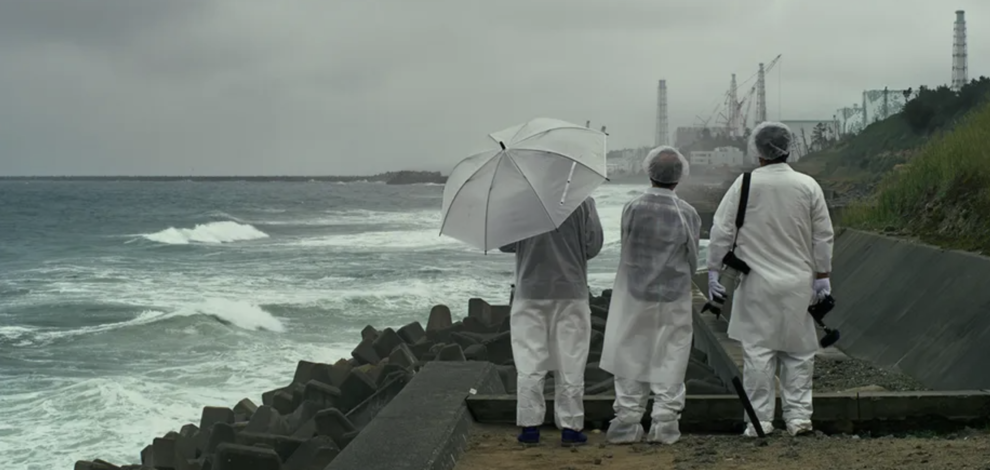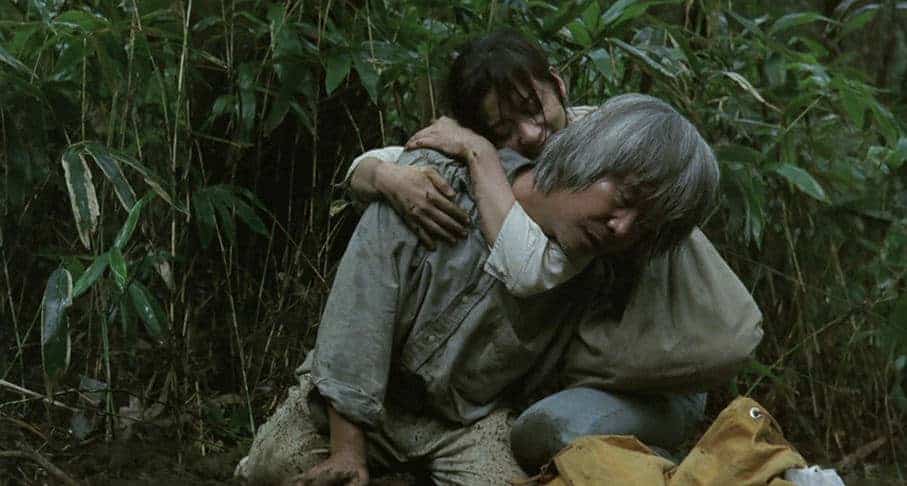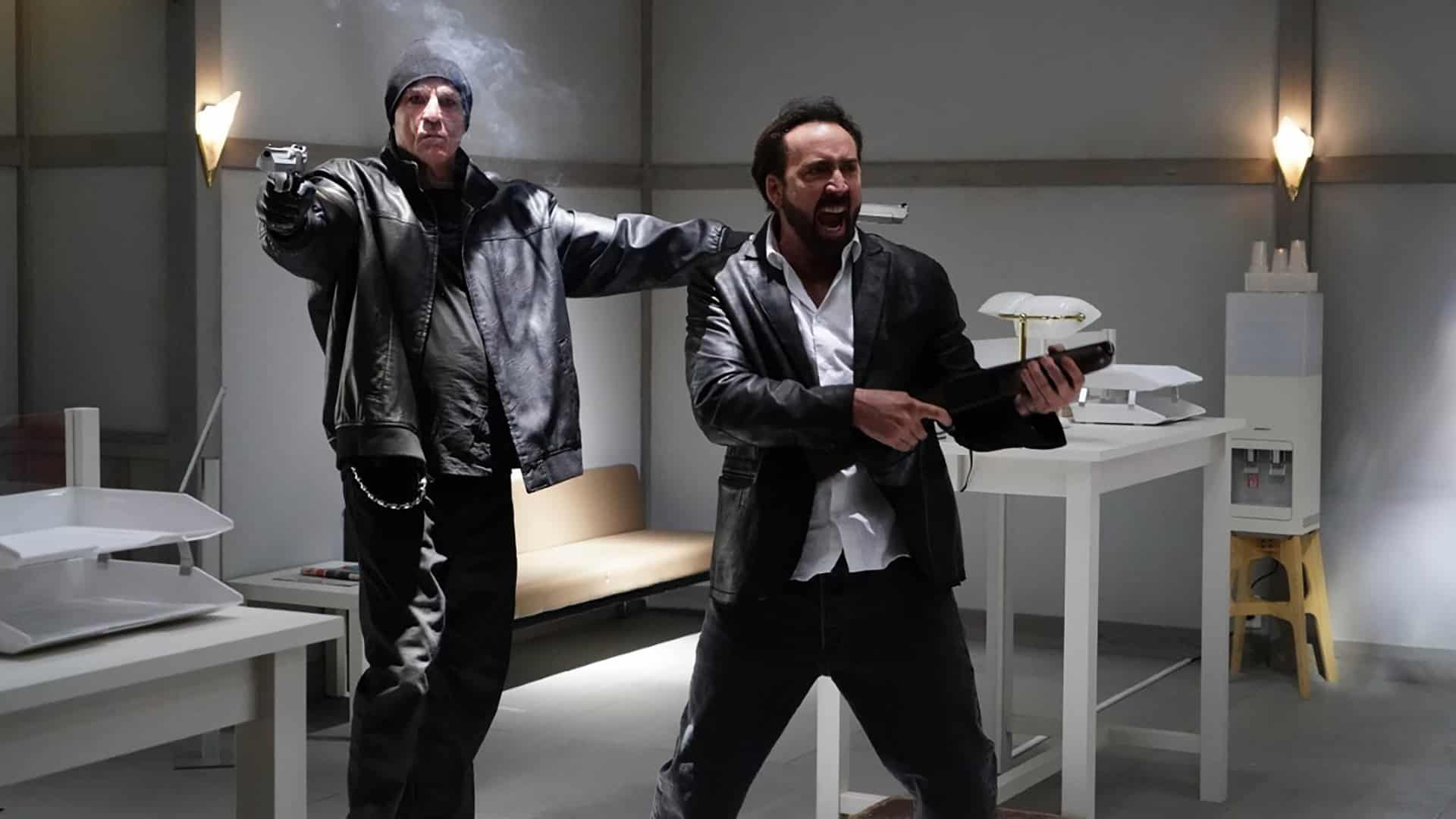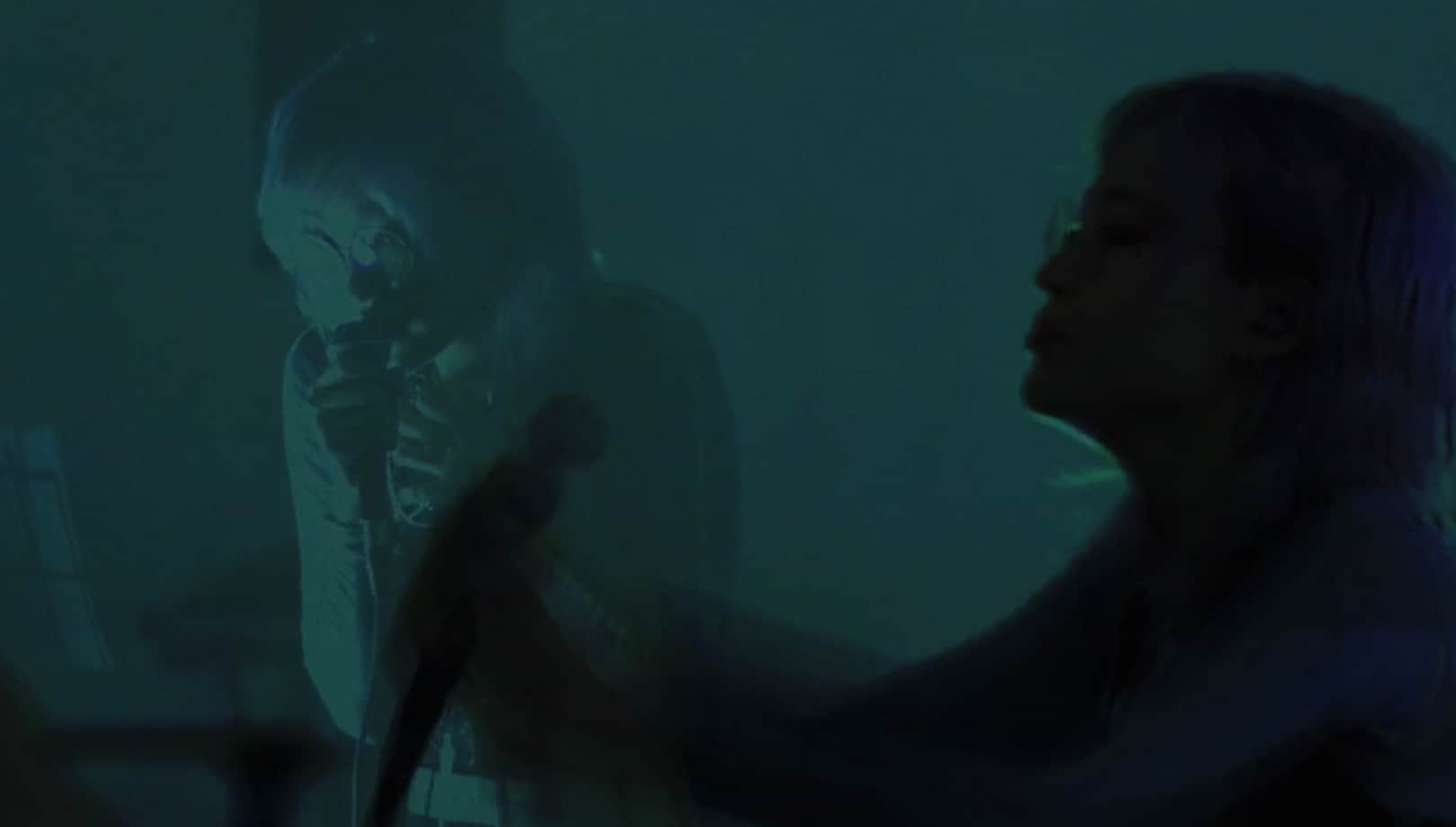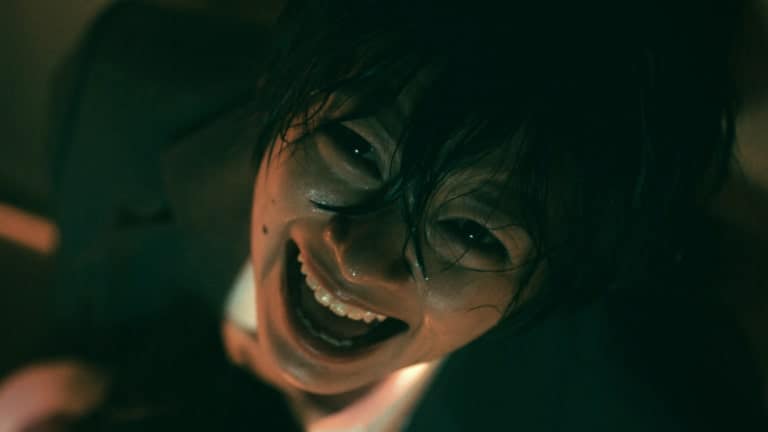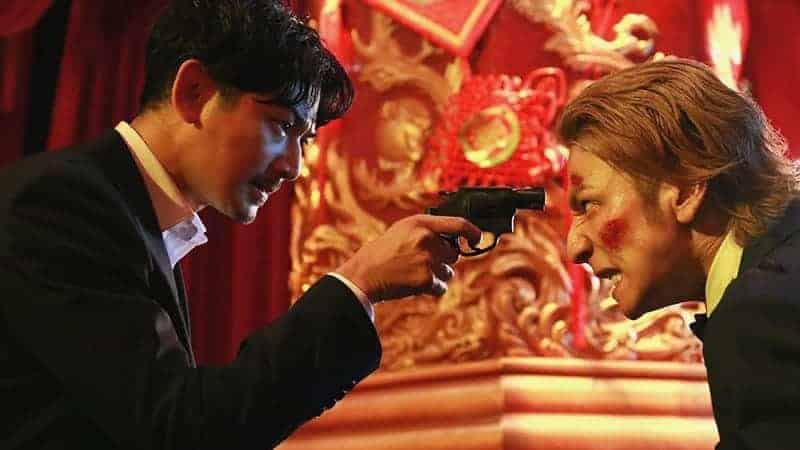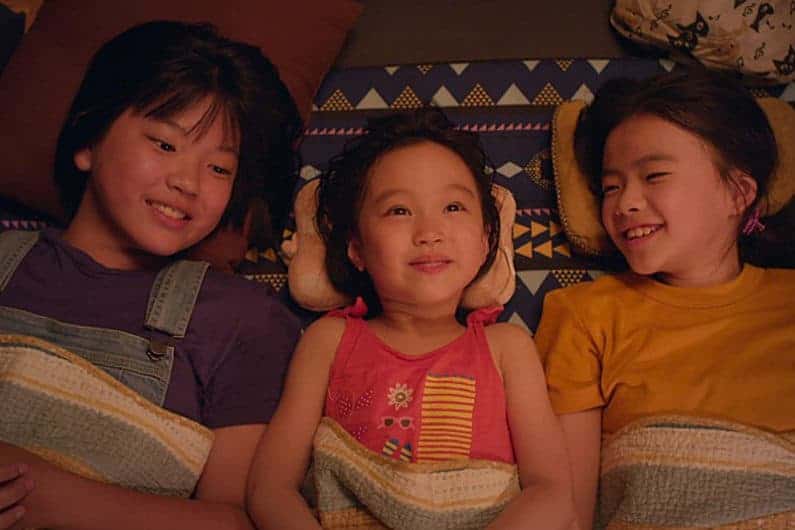In his 2015 “Behemoth”, Chinese independent filmmaker and multi-media artist Zhao Liang turned the titular biblical ravenous beast into a metaphor for coalmining and the environmental and social issues related to it. In his new work “I'm So Sorry”, which premiered earlier this year at the 74th Cannes Film Festival in the brand-new Cinema for the Climate section, Zhao guides us through another man-made Inferno in a compelling trip to the most nuclear-affected areas of the World, creating a strong anti-nuclear plea.
“I'm So Sorry” is screening at the Across Asia Film Festival
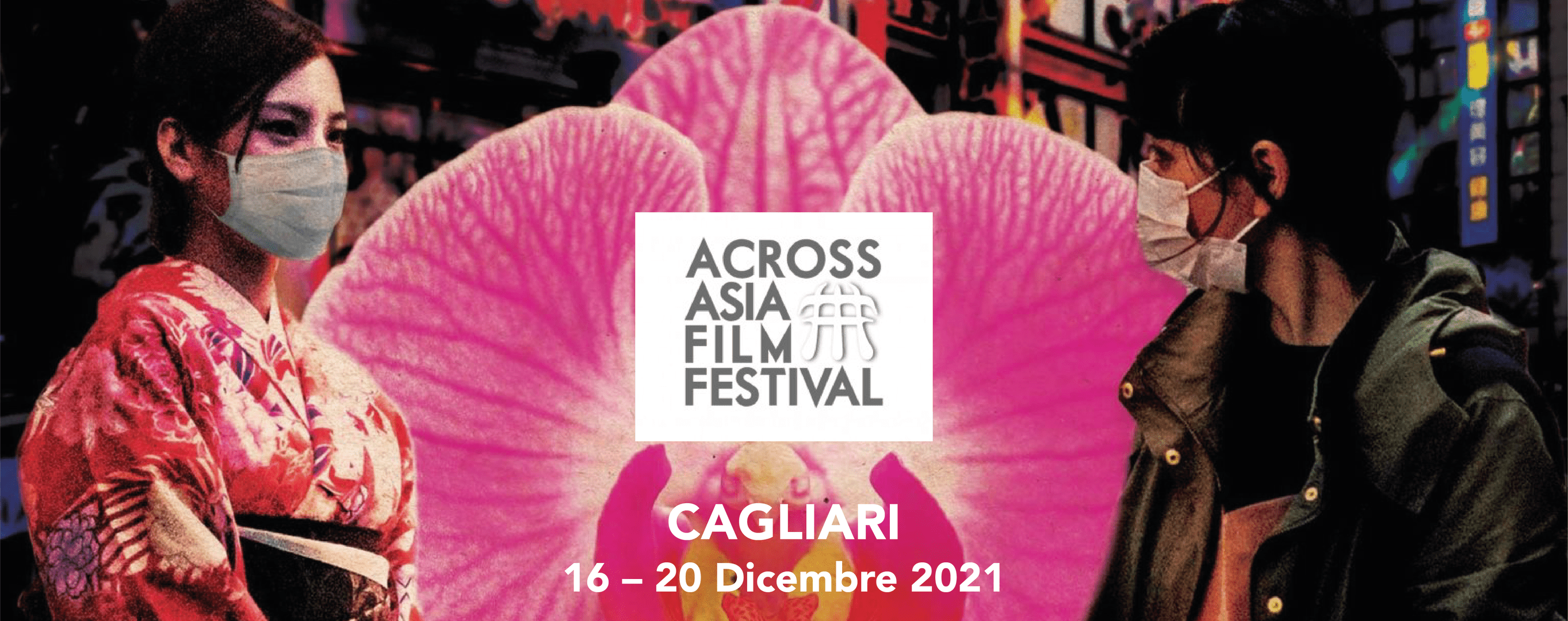
The film opens with impactful images of nuclear explosions, leaving no doubts about the subject matter, and soon after proceeds to show the direct consequences of the nuclear disasters, using a blunt and rather effective approach. In his research around the world, Zhao visited not only the notorious Nuclear Exclusion Zones of Chernobyl in Ukraine and Fukushima in Japan, but also Semipalatinsk, the location in Kazakhstan of Soviet Union's test bases of nuclear weapons, the dismantling of a nuclear power plant facility in Germany and, on the west coast of Finland, the area around the Onkalo underground permanent nuclear waste repository. Silent deserted sites that have been transfigured by nuclear accidents and evacuated are explored in long, static takes. Decayed buildings, playgrounds, condominiums, factories eerily devoid of any human presence are in front of us, forcing us to reflect.
To guide us in this descendant to this hell is an enigmatic character dressed like a Noh theatre performer, wearing a sorrowful mask, and walking through the deserted spaces that the film explores. The performer's presence adds a surreal element, almost amplifying the intrinsic absurdity of it all. On the voiceover, the director himself recites his poem, like feelings which pass through his mind, reflecting over the dire consequences of insatiable greed and where consumerism has led technology. He calls it the “Prometheus' shame”.

This very personal observational method is alternated to a more humanistic approach in which the camera follows few solitary humans whose lives were deeply affected by the disaster: A group of elders in Fukushima who have been moving relentlessly from one shelter to another since the nuclear accident. A completely isolated old woman who chose to go back and live in her deserted hometown near Chernobyl; surrounded by dusty remnants from the past, colourful embroideries and sacred icons, reflects about death and her personal “Chernobyl Concentration Camp”.
These portraits of elders reduced to ghostly, empty shells leave way to even more upsetting images of a new generation critically damaged, as a direct consequence of the contamination of these areas. Particularly poignant is a visit to the Vesnova orphanage for severely disabled children in Belarus, near the Chernobyl Exclusion Site. The camera lingers on the kids' faces, potent close-ups explore their eyes fixed on other landscapes, their mouth incapable to talk and yet, such a forceful scream emerges from them. The film also catches a tender and intimate moment of one of such children and her mum taking care of her. Heart-breaking as it is, this generation of crippled children forces us to ponder what we have left to them.
The way that the director triggers a deeply disturbing and unsettling reaction recalls a certain aesthetic of liminal spaces; empty areas of transition, a threshold between places, a time of waiting and not knowing, in both physical and allegorical sense. The human brain is hardwired to place things in context, and it is caught unprepared when places that usually are teeming with people or that have a specific function, like schools, apartment blocks, playgrounds, factories, are pictured empty and eerily silent. Something is perceived as deeply wrong in these images and the response is often disquieting. In “I'm So Sorry” long static takes of facilities once swarming with life and now clean swept by an invisible demon depict a transition area of the human condition, a void twilight zone.
Nature engulfing the abandoned condos in Chernobyl, cherry trees blossoming in the Fukushima Exclusion area don't alleviate the pain, on the contrary, they make the images even more dissonant. In fact, the film is aptly titled in Chinese “Wu Qu Lai Chu”, that – as often occurs – is rather different from the English one. In this case “Wu Qu Lai Chu” is a phrase, written by Emperor Qianlong, which literally means “No whence, no whither” (no place to go, no place to return to) and very effectively transmits the sense of entrapment and estrangement that have been handled to the coming generations.
The cinematography of Zhao Liang and Sun Shaoguang is truly stunning, adding a touch of surrealism and a weird cacophony created by the gorgeous images and the devastating subjects. Sound design and mixing are paramount here to compliment the photography in both diegetic and non-diegetic way; the outstanding effort was done in Holland by Jeroen Goeijers, who worked so well also on the beautiful “Kabul, City in the Wind” by Aboozar Amini.
Unapologetic, eerily predictive and poetic, “I'm So Sorry” asks you: “Is this the past or the future?” and this desperate question is bound to haunt you for a long time after the view.


